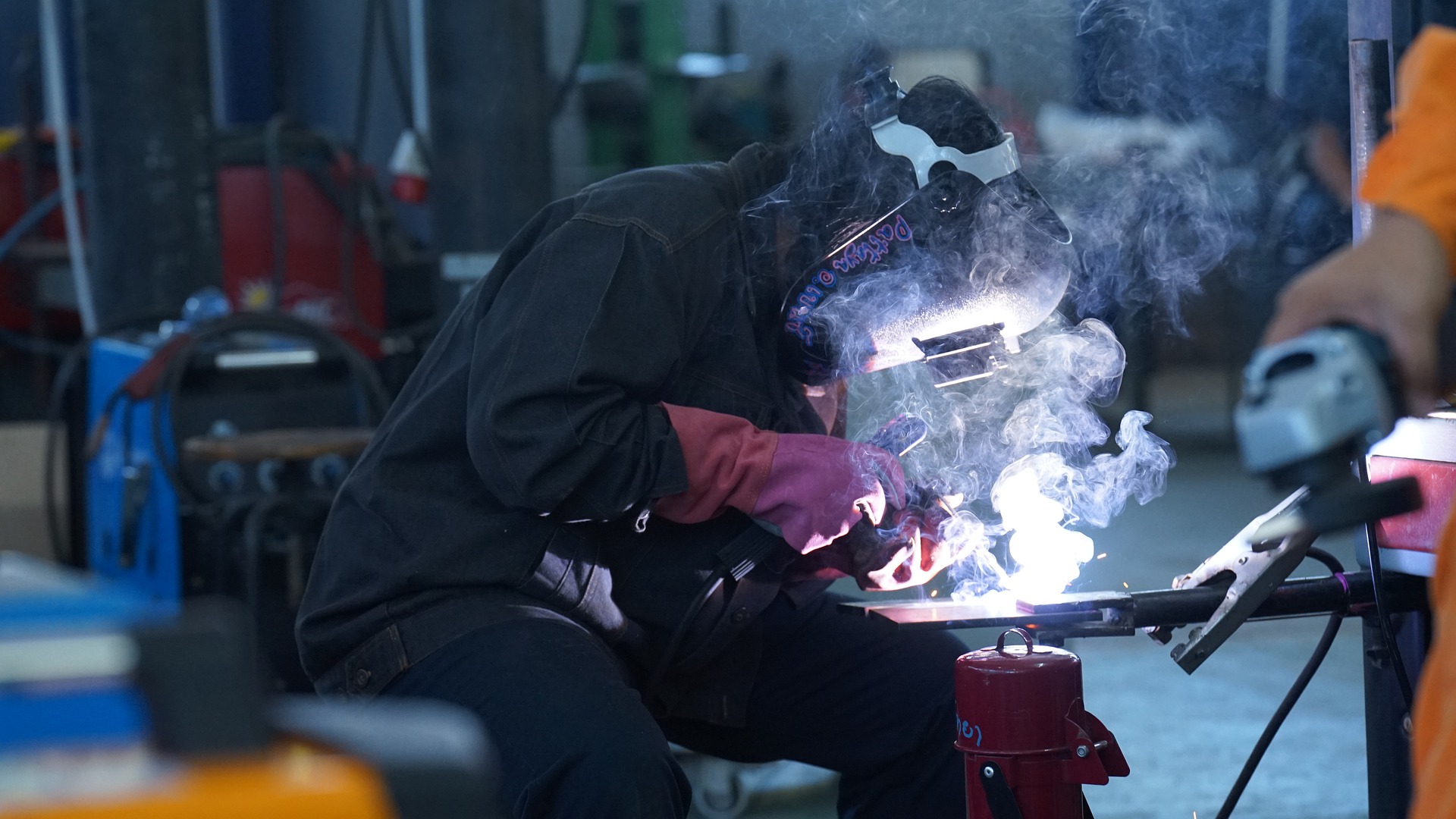A Career Guide to Welding Jobs: Skills, Opportunities, and Growth
Welding is a critical skilled trade that joins materials through heat and pressure, forming the backbone of manufacturing, construction, and infrastructure development. This comprehensive career guide explores the diverse opportunities in welding, required qualifications, and potential earnings for those interested in pursuing this dynamic profession.

Required Skills and Qualifications
Successful welders need both technical expertise and physical capabilities. Essential skills include manual dexterity, spatial awareness, and attention to detail. Most employers require a high school diploma and completion of a welding program from a technical school or community college. Industry certifications from organizations like the American Welding Society (AWS) significantly enhance job prospects and earning potential.
Training and Education Pathways
Aspiring welders can choose from multiple education paths. Technical schools offer programs lasting 6-18 months, while community colleges provide two-year associate degrees. Apprenticeships combine paid on-the-job training with classroom instruction, typically lasting 3-4 years. Many employers also provide ongoing training for specialized welding techniques and new technologies.
Salary Expectations and Career Growth
Welding careers offer competitive compensation with opportunities for advancement. Entry-level welders typically earn between $30,000 and $45,000 annually, while experienced professionals can earn $50,000 to $100,000 or more, especially in specialized fields like underwater or pipeline welding.
Industry Demand and Job Outlook
The welding industry continues to show strong growth potential. The Bureau of Labor Statistics projects steady demand for skilled welders through 2030, driven by infrastructure development, manufacturing growth, and retiring workforce replacement needs. Specialized welders, particularly those with multiple certifications, face excellent job prospects.
Welding Career Paths and Advancement Opportunities
| Career Path | Experience Required | Average Annual Salary |
|---|---|---|
| Entry-Level Welder | 0-2 years | $30,000 - $45,000 |
| Certified Welder | 2-5 years | $45,000 - $60,000 |
| Pipeline Welder | 5+ years | $60,000 - $90,000 |
| Underwater Welder | Specialized training | $70,000 - $100,000+ |
Prices, rates, or cost estimates mentioned in this article are based on the latest available information but may change over time. Independent research is advised before making financial decisions.
Safety Considerations and Work Environment
Welding careers require strict adherence to safety protocols. Professionals must use proper personal protective equipment (PPE), including welding helmets, heat-resistant clothing, and respiratory protection when necessary. Work environments vary from indoor manufacturing facilities to outdoor construction sites, often requiring adaptation to different conditions and weather scenarios.
Welding offers a rewarding career path for those who enjoy hands-on work and take pride in creating lasting structures and products. With proper training, certification, and experience, welders can build successful, well-compensated careers in this essential trade.






